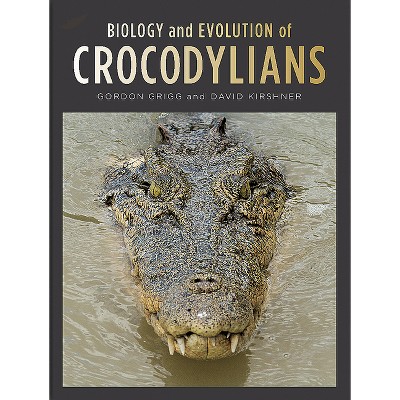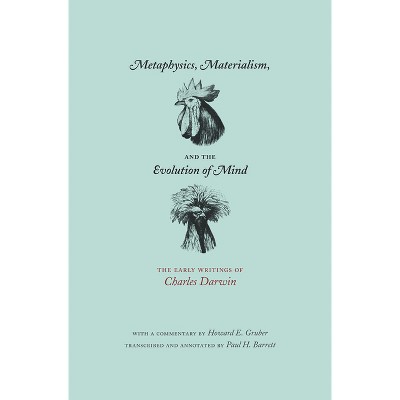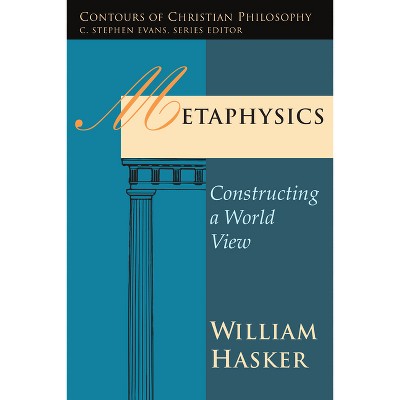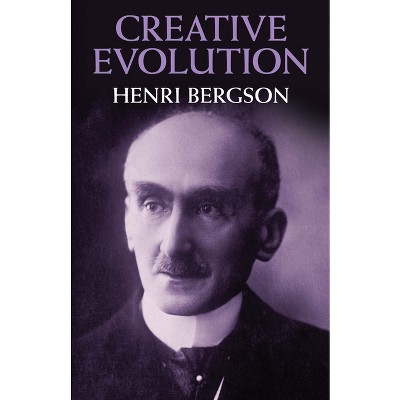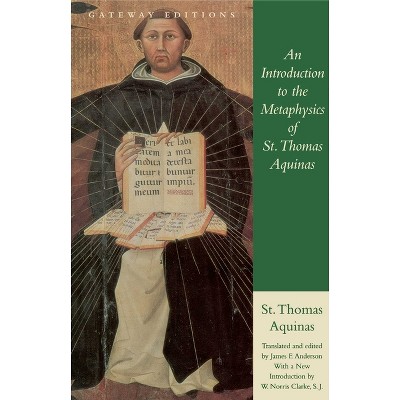Sponsored

Implications of Evolution for Metaphysics - by David H Gordon (Hardcover)
In Stock
Sponsored
About this item
Highlights
- It is a central claim of the New Atheists that evolutionary theory disproves theism and demonstrates the truth of metaphysical naturalism.
- About the Author: David H. Gordon is assistant teaching professor at Loyola University Maryland.
- 364 Pages
- Philosophy, Metaphysics
Description
About the Book
It is a central claim of the New Atheists that evolutionary theory disproves theism and demonstrates the truth of metaphysical naturalism. This book examines this claim and explores the implications of evolutionary theory for metaphysics.Book Synopsis
It is a central claim of the New Atheists that evolutionary theory disproves theism and demonstrates the truth of metaphysical naturalism. This book examines this claim and explores the implications of evolutionary theory for metaphysics.
Review Quotes
Debates about biological evolution and its implications for theology are among the most important in the history of thought. Unfortunately, our thoughts about God after Darwin have usually suffered from an absence of clarity about what is the real issue. What the debates have always needed, but not always had, is the voice of a philosopher who keeps the conversations from straying into nonsense. David Gordon is such a voice. Readers of this fine book will find in it considerable promise of making progress in their own inquiries into the meaning of theistic faith after Darwin.
Modern science has evolved in a way that there seems to be a conflict between science proper and anything beyond, including metaphysics and religion. Particularly the question of evolution has reached popular debates. This book explains in terms of history how this apparent conflict has emerged, it lays out out the basic assumptions of each of the directions, and--instead of clear cut 'solutions'--it proposes interdisciplinary dialogue and mutual understanding.
Understanding biological evolution is one of the most significant breakthroughs of the modern period. Yet the field is frequently presented only by "insider" specialists, or by scientists (or theologians) who think that evolution and religion are at war and only one side (their own!) wins in the end. By contrast, Prof. Gordon here offers readers a calm, clear introduction to what evolutionary theory is, what it has established, and what it does not prove. Philosophical without being technical, this book is recommended for laypersons interested in science, theology, and evolution and their rich interrelationships.
About the Author
David H. Gordon is assistant teaching professor at Loyola University Maryland.






